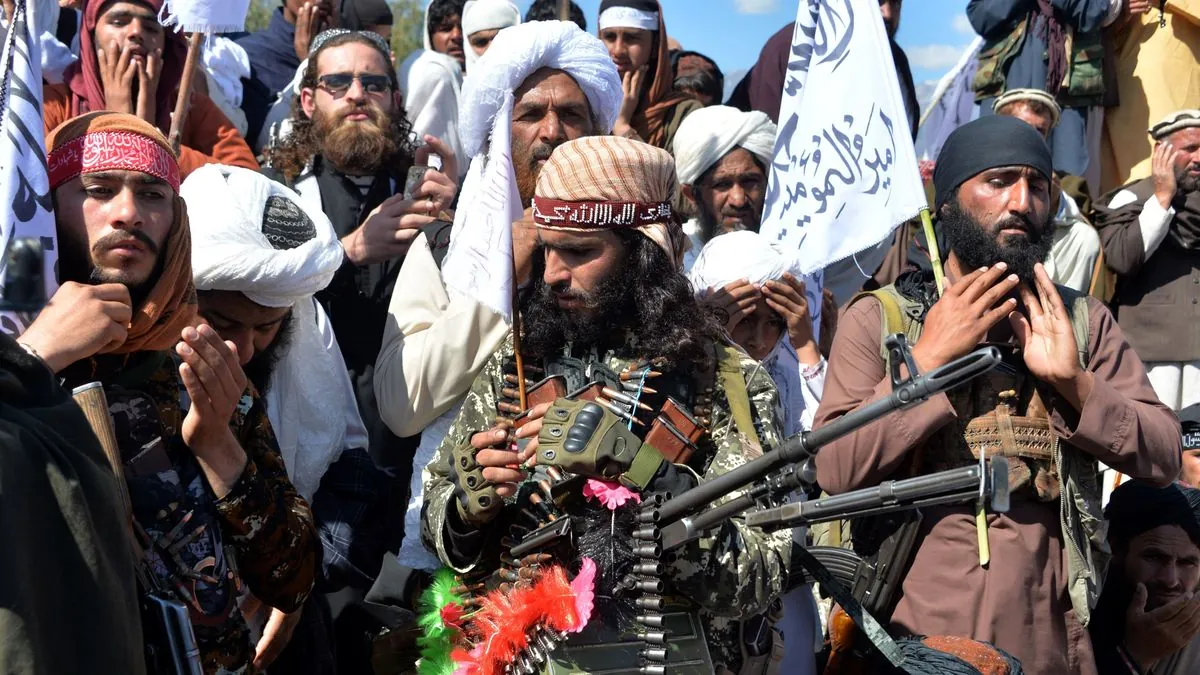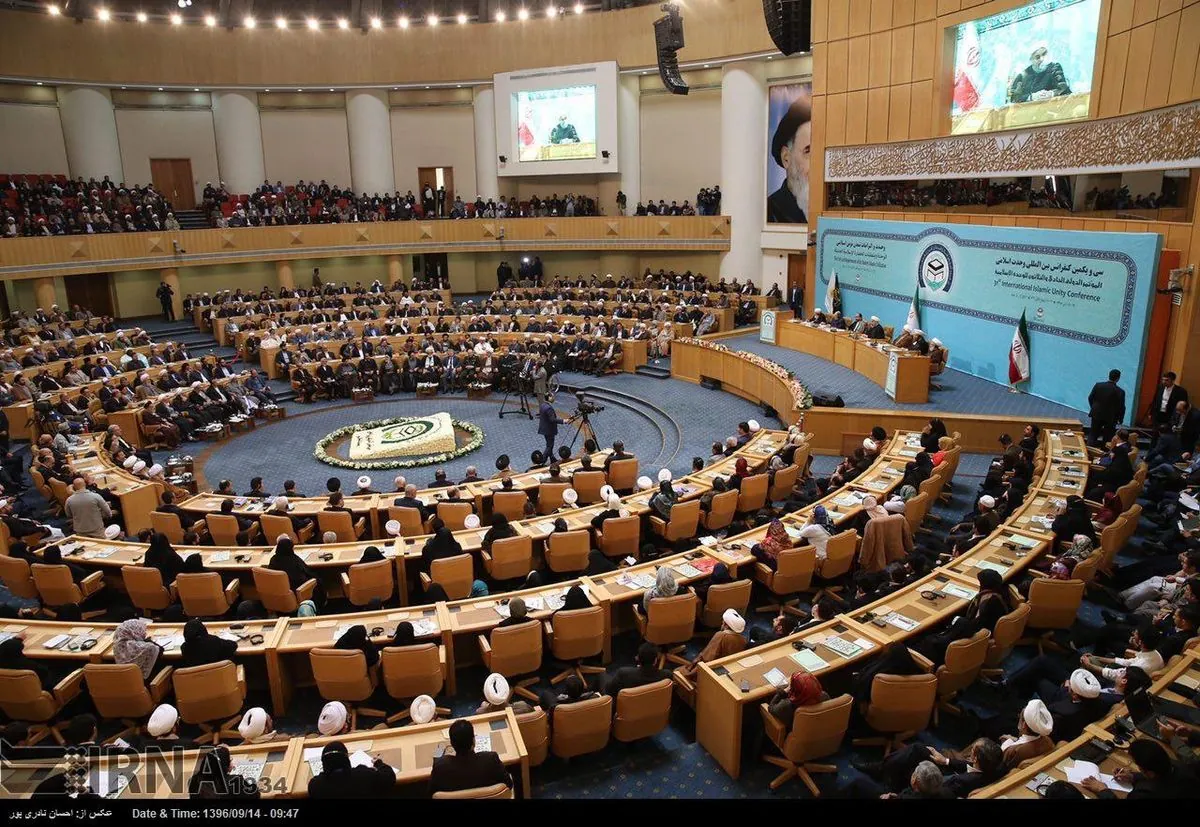Taliban Delegate's Anthem Snub Sparks Diplomatic Tension with Iran
A Taliban representative's failure to stand for Iran's national anthem at a conference in Tehran has led to diplomatic friction. This incident follows a similar occurrence in Pakistan, raising questions about protocol and cultural differences.

A recent diplomatic incident has strained relations between Iran and the Taliban-led government in Afghanistan. At the Islamic Unity Conference in Tehran, a Taliban delegate, Azizorahman Mansour, remained seated during the Iranian national anthem, prompting a swift response from Iranian authorities.
This event, which occurred on September 19, 2024, echoed a similar incident in Pakistan just a day earlier, where another Taliban diplomat did not stand for the Pakistani anthem. Both host nations viewed these actions as disrespectful, leading to diplomatic tensions.
In response to the Tehran incident, Iran's Foreign Ministry summoned the caretaker of the Afghan Embassy on September 20, 2024, to express their disapproval. The ministry labeled the delegate's behavior as "unconventional and unacceptable."
Mansour later apologized for his actions, explaining that in Afghanistan, it is customary to remain seated when music is played. He stated, "In our country when we sing songs, we sit. I followed that norm." The Afghan Embassy chief emphasized that this was a personal act and not reflective of the Taliban government's views.

The Islamic Unity Conference, established in 1987 by Ayatollah Khomeini, aims to promote solidarity among various Islamic sects, particularly between Sunni and Shia Muslims. This incident highlights the cultural and diplomatic challenges faced by the Taliban as they navigate international relations.
Iran and Afghanistan share a 936 km border, which has become crucial for many Afghans seeking work opportunities. Iranian authorities estimate that about six million Afghans are currently in Iran, though activists suggest the number could be higher.
While Iran maintains political and economic ties with Kabul, it does not formally recognize the Taliban government. Instead, Iran has called for the formation of an inclusive Afghan government representing all ethnic and religious groups.
The relationship between these neighboring countries is complex, influenced by historical, cultural, and economic factors. Afghanistan's economy heavily relies on trade with Iran, especially for fuel imports. Additionally, Iran has been involved in various reconstruction projects in Afghanistan since 2001.
It's worth noting that the Taliban, which took control of Afghanistan on August 15, 2021, follows a strict interpretation of Islamic law. During their previous rule from 1996 to 2001, they banned music entirely, which may explain their current stance on musical performances.
As both nations work to navigate these diplomatic waters, the incident serves as a reminder of the ongoing challenges in international relations and the importance of cultural understanding in diplomacy.
"In our country when we sing songs, we sit. I followed that norm. We apologize to the people who were upset."
This situation underscores the need for continued dialogue and mutual respect between nations, especially in a region with complex historical and cultural dynamics.


































